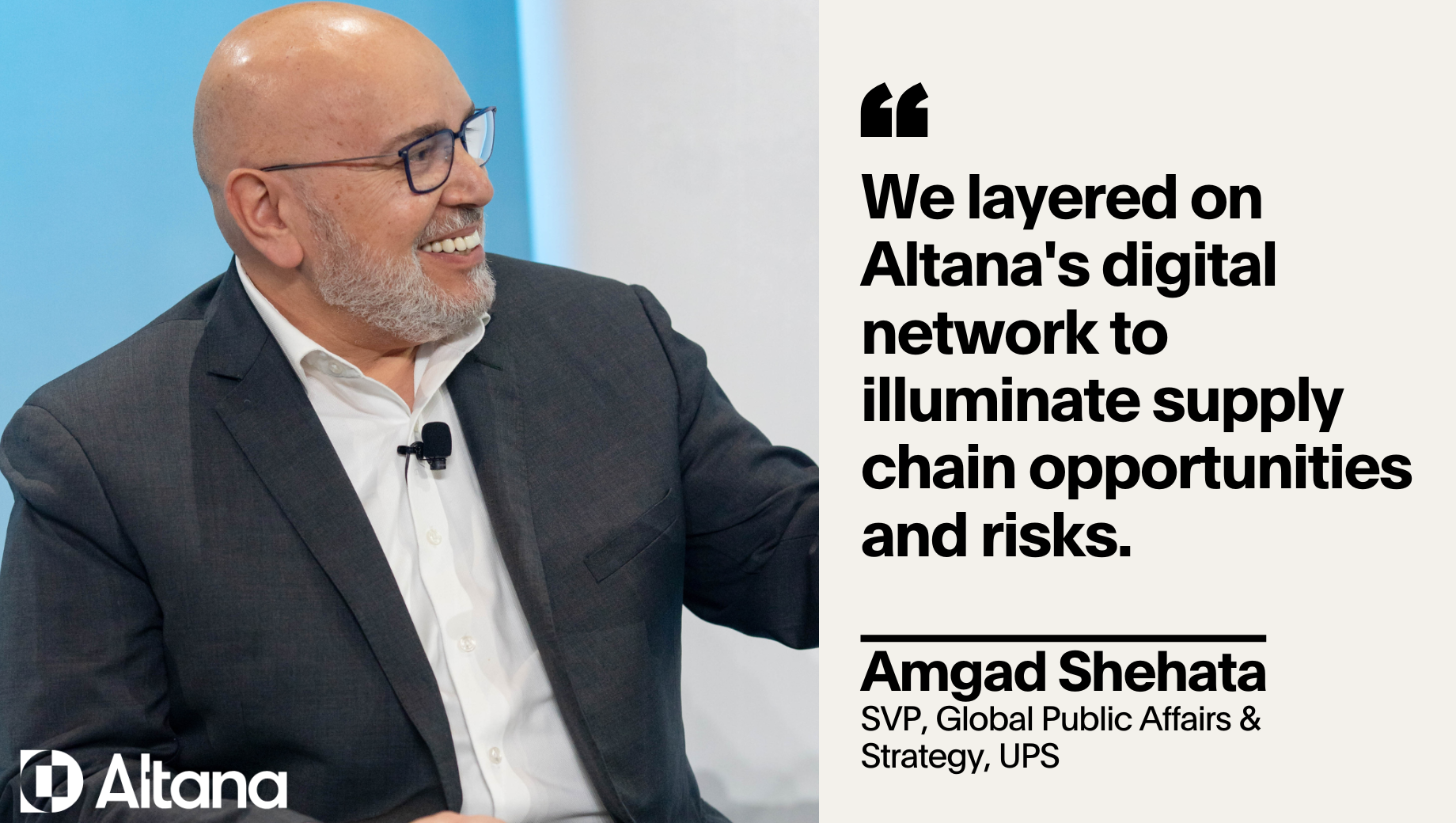Compliance is a network problem: Retailers and suppliers are deeply intertwined
Retailers face a profound transformation driven by global supply disruptions, ethical sourcing demands, and rapidly changing consumer preferences. Fast fashion, electronics, and even home goods and grocery items often involve opaque, multi-tier supply chains spanning multiple countries. This complexity, combined with stringent regulations, makes identifying compliance risks crucial—especially when planning seasonal inventories and new product launches.
New global regulations affect areas from sustainable packaging to ethical labor practices in clothing manufacturing. Each regulation underscores retailers' need for deeper supply chain visibility and closer supplier partnerships. However, ensuring compliance across thousands of SKUs and numerous suppliers has traditionally been expensive and labor-intensive.
Manual supplier audits and self-assessments are time-consuming and often result in inconsistent data across retail categories. This hinders retailers' ability to proactively mitigate risks such as forced labor in cotton production or conflict minerals in electronics. The retail industry urgently needs efficient, comprehensive solutions to manage this complex web of compliance requirements and maintain consumer trust.
Sustainable and ethical sourcing provide new opportunities to reach a wider consumer base and offer more competitive positioning
Retailers can now take advantage of growing consumer demand for sustainably and ethically sourced products—but only if they can meet and verify strict qualification criteria. Initiatives like fair trade certification, organic labeling, and carbon footprint reduction place requirements on the sourcing and production methods of products throughout the supply chain.
Retailers are also responsible for compliance across their global supply chains and distribution networks. The US Uyghur Forced Labor Prevention Act (UFLPA) prohibits the importation of goods produced in whole or in part in the Xinjiang Uyghur Autonomous Region of China. Retailers sourcing textiles, electronics, or other goods from this region face potential import bans, fines, and significant reputational risks.
A slate of other regulations are emerging globally, including the EU's Corporate Sustainability Due Diligence Directive (CSDDD) and the UK's Modern Slavery Act. Each new regulation, sustainability standard, and ethical sourcing requirement underscores the need for sub-tier visibility and tools to ensure compliance alongside suppliers.
Altana, the world’s first value chain management system, gives retailers a unified, one-stop solution to multi-tier, cross-border compliance
See all of your value chains, upstream and downstream, built from detailed material flow visibility and based on your actual product inventory rather than suppliers' self-reported component charts.
Focus on areas of exposure and determine priorities amid the thousands of products in your inventory. Screen new and existing suppliers and products against every compliance requirement—from forced labor to carbon emissions to sanctions—with relevant alerts, tailored insights, and AI decision support across all your product lines.
Act across your value chains to get every compliance job done—whether triaging potential risks, collecting and verifying documentation from distant suppliers, or building audit trails. Create, manage, and file mandated regulatory reports and escalate concerns both internally and to upstream suppliers from a shared source of truth.
Learn More With This PDF


